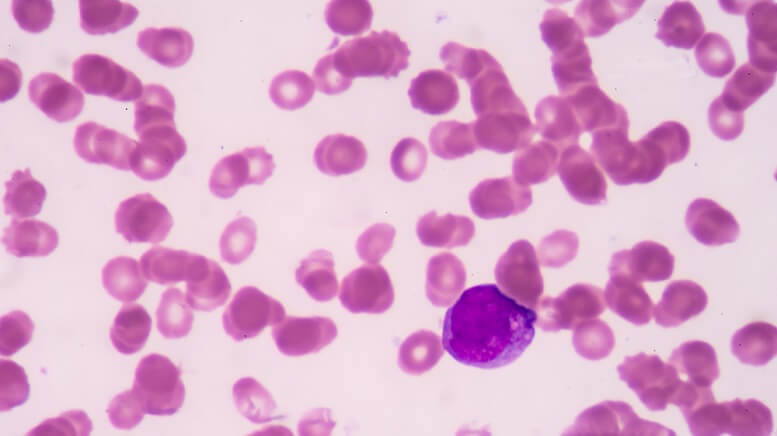WHAT IS AN ALLERGY?
An allergy is the overreaction of a person’s immune system to harmless substances. When an allergic person comes into contact with the allergen, the allergic reaction is usually not instant. Your immune system will slowly start to become more and more sensitive to the substance before it finally overreacts.
Discussed below are some modes of allergy treatments and management of the condition:
TREATMENT
The most competent management or treatment of an allergy is complete avoidance of the allergen. However, in some cases, it may be impossible to avoid the allergen. A good example is the case of pollen grains. Pollen is constantly in the air and during times such as hay fever season, one is likely to suffer from an allergic reaction.
MEDICATIONS
Drugs do not cure allergies. However, they will assist in treating one’s symptoms. Since most allergy medications are found in chemists or over the counter stores, it is recommended that you first see a pharmacist or doctor. This is to avoid misdiagnosis by oneself.
1. ANTIHISTAMINES
Histamine is the compound which your body releases in response to inflammatory or allergic reactions. Antihistamines will, therefore, work by blocking the production of this compound.
When taking antihistamines, caution must be taken since some are harmful to children.
2. STEROID SPRAYS
A steroid spray is medicine which you spray onto your nose to treat different types of conditions. These include sinusitis and hay fever. For effective results, it must be applied on the inside lining of one’s nose.
3. DECONGESTANTS
As the name suggests, decongestants work by decongesting one’s nose. They open up blocked noses in cases like pet allergy, dust allergy, and hay fever. However, this type of medication usually provides short-term relief especially if you’re constantly surrounded by the allergen.
4. ANTI-LEUKOTRIENES
Leukotrienes are enzymes produced by one’s cells, usually to signify an allergic reaction. They are also known as inflammatory mediators and therefore cause swelling. Antileukotrienes work by blocking the effects of these enzymes.
IMMUNOTHERAPY
This is a form of therapy which rehabilitates one’s immune system. The doctor increases doses of allergens to your body over a period of years. The trick behind this is to enable your body to build a tolerance to the allergen. The longer you’ve had immunotherapy, the harder it will be for you to develop an allergic reaction to a particular allergen. It is also known as hyposensitization.
CONCLUSION
As much as there are medications provided to treat the symptoms of allergies, patients should still be careful to avoid exposure to allergens. And while it may be impossible to avoid some such as pollen, other allergens present in the food can easily be avoided by taking your time to read the contents of the food packages. If you suspect to be the victim of an allergic reaction, visit the nearest health center for allergy treatments.
Featured Image: Depositphotos/© Photodjo









